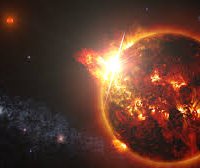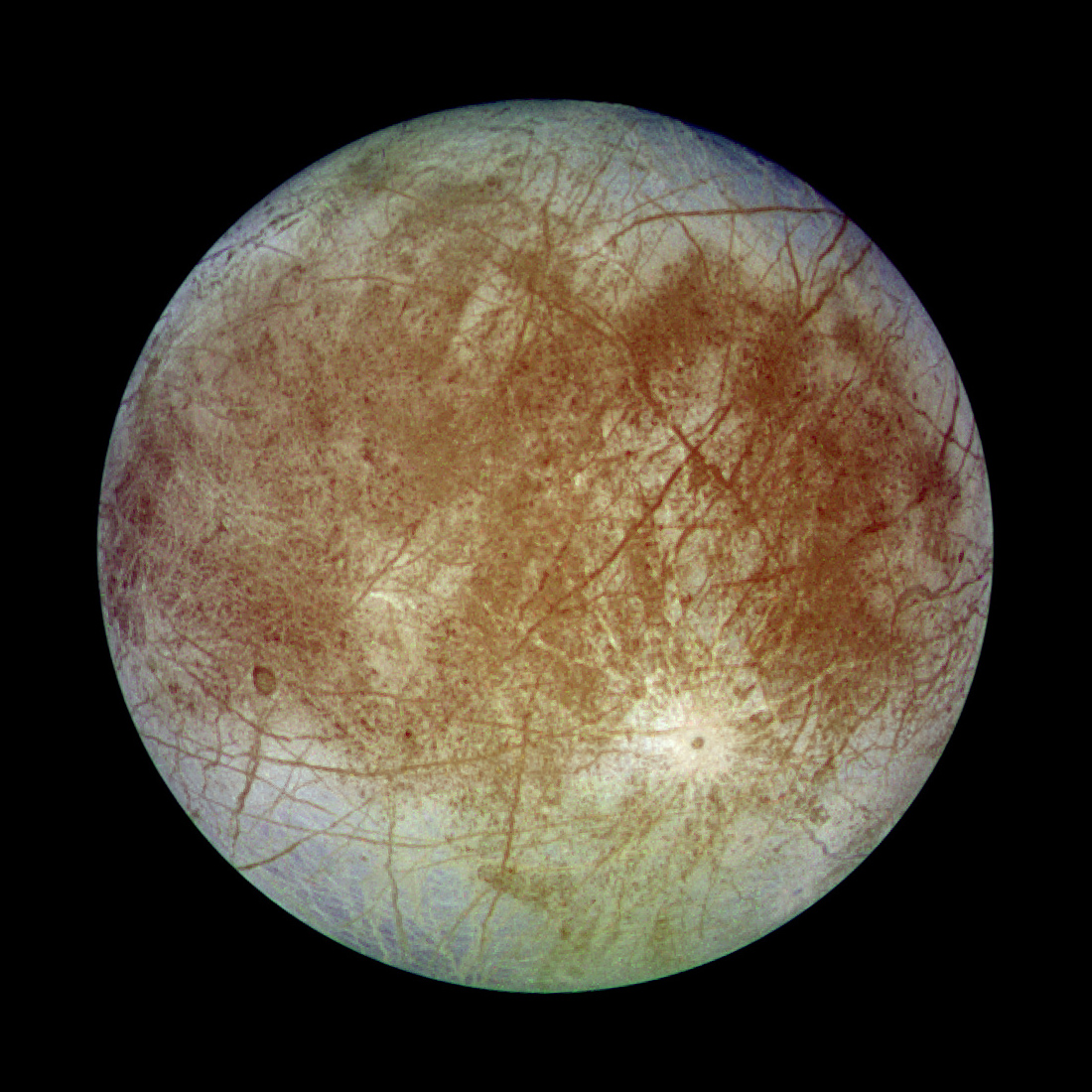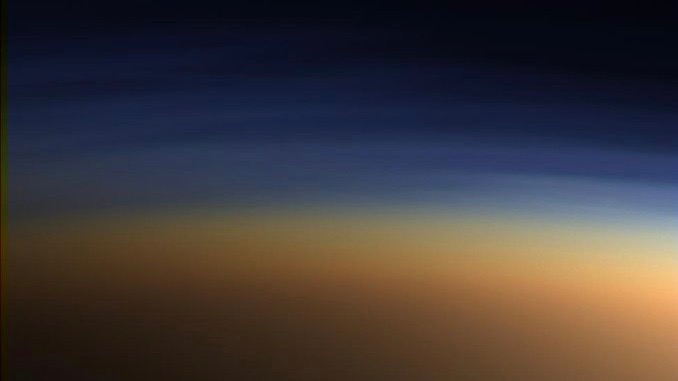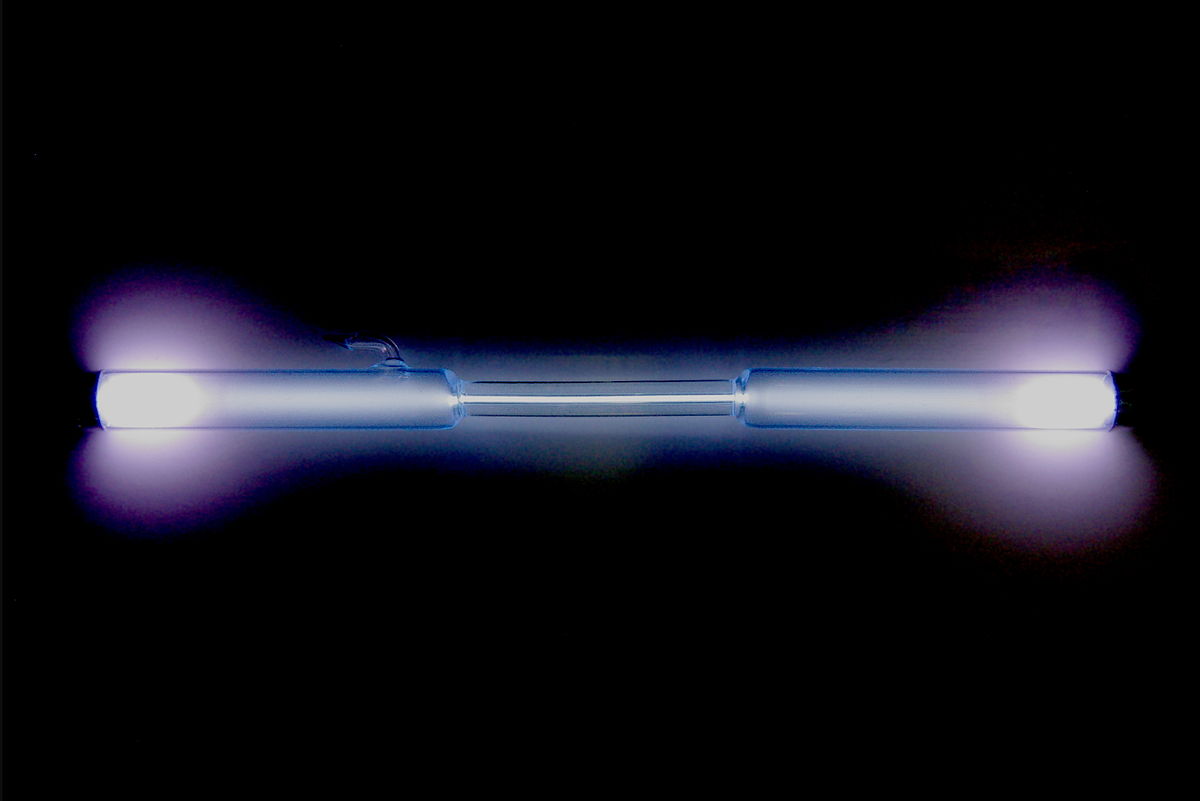
One of the central tenets of stellar astrophysics is the reciprocal utility in studying both the Sun and stars. That is, we can use the detailed knowledge gleaned about physical processes on the Sun and apply those findings to other stars. Conversely, the diversity of stars and their reach of parameter space broadens the conclusions based on a single stellar evolutionary path. The Sun’s radiation, particles, and mass loss have long been known to impact the inner solar neighborhood, leading to detailed space weather studies in our solar system. The discovery of thousands of exoplanets broadens this study to consider the space weather environment that is experienced in other solar systems. The solar-stellar connection is absolutely necessary here. Recent stellar observations shed light on key differences with the middle-aged Sun. I will talk about recent results regarding extreme stellar flares and what this tells us about the scaling between solar and stellar flares and the underlying physics. I will motivate the need for a better understanding of unsteady and steady stellar mass loss, and highlight some recent results questioning the applicability of solar flare-coronal mass ejection scalings into the stellar regime. An improved understanding of how differences in stellar magnetospheric properties impact the environment around them is a necessary ingredient to put the Sun in context, and is especially important in considering the impact of a star’s space weather environment on the planets which surround it. This is even more relevant now as a crucial component in the search for life outside of our own solar system.
 Getting Under Europa’s Skin
Getting Under Europa’s Skin Tracing Formation and Evolution of Outer Solar System Bodies Through Stable Isotopes and Noble Gas Abundances
Tracing Formation and Evolution of Outer Solar System Bodies Through Stable Isotopes and Noble Gas Abundances Photosynthesis, a Planetary Revolution
Photosynthesis, a Planetary Revolution Xenon: King of the Gases
Xenon: King of the Gases